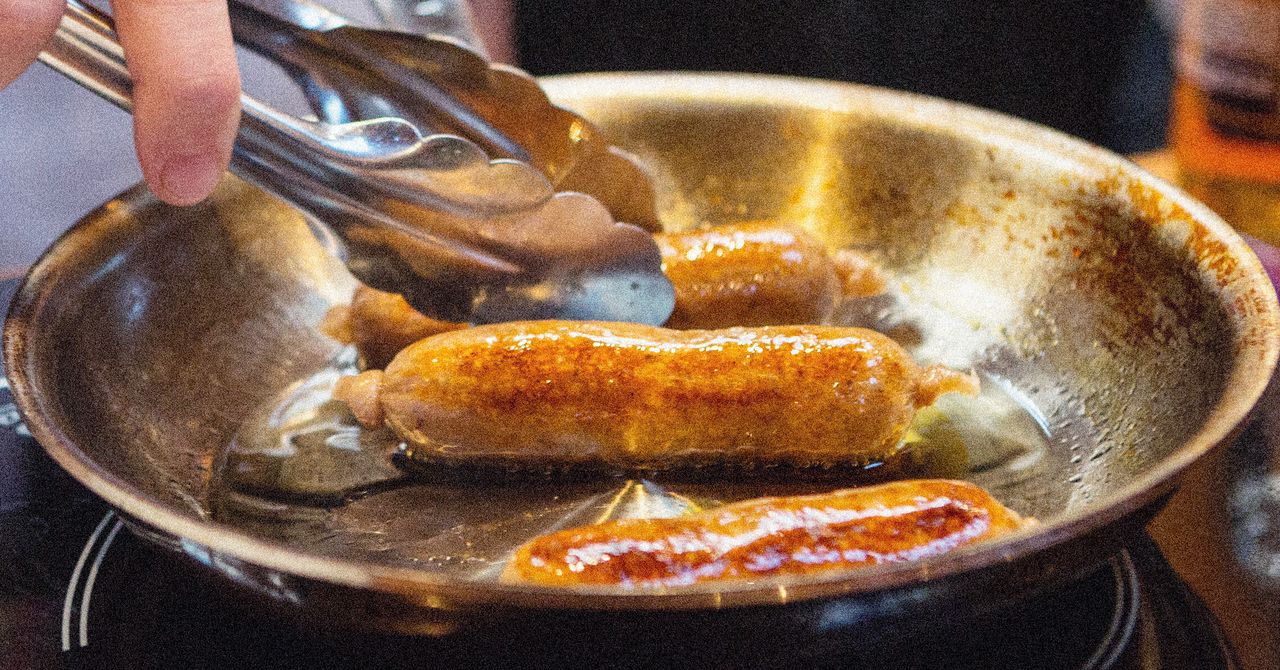Mississippi Representatives have recently approved a bill on cultivated meat. This causes Mississippi as the third country of meat growing in the pots of small specimens of animal cells.
The Mississippi bill makes it illegal to anyone to illegally produce, sell or distribute meat cultivated in the state. A violation of the law can be a violation that is a penalty for more than $ 500 and/or a maximum of three months in the city prison. Similar laws adopted in Florida last year, and Alabama also had a maximum of $ 500 in prison or potential fines.
The bill is now awaiting the signing of the Governor of Tate Reeves and turning into law unless he decides to veto the bill. Andy Gievson, the Mississippi Agriculture Commissioner, has criticized the cultivated meat industry, and he supported the 2019 bill to prevent meat crops from being known as meat in the state. He posted a post on his website in 2024, praising the meat bans cultivated in Florida and Alabama. “I want my steak to come from the raised beef in the farm, not a pitter from the laboratory,” he wrote.
“This is a very strong sense of political theater,” says Susie Gober, executive director of the Association of Meat, Poultry and Seafood Innovation, a business group representing the meat industry. He says the real impact of the law on each of these states will be minimal because the meat cultivated in none of them was not available for sale.
Republican representatives of Bill Pigot and Leicester Carpenter announced the Mississippi bill in January 2025. The country approved both homes without a single vote. But similar rules in other countries have had a smooth path. A Wyoming bill that could illegally cultivated meat voted in its third study in the Senate in February, while a similar bill proposed in South Dakota was also unable to via the Senate in February.
“I was surprised by the results of those states, but I was encouraged,” says Gerber. In Wyoming, some senators argued for better packaging and labeling, while some lawmakers opposed the ban, saying that this would contain free trade.
Other countries consider laws that have been previously enacted in Florida, Alabama and Mississippi. The bill introduced in Georgia in January makes the sale of cultivated meat illegal. In Nebraska, a bill that banned meat in the state was introduced at the request of the governor of Jim Pillen in January.
The Florida ban is currently protesting in a court case as a California -based meat company and the Institute of Justice, a nonprofit public interest. The case argues that the banning of Florida violates two separate sections of the US Constitution, which covers inter -state trade and the relationship between federal and state laws. In October, a federal judge rejected the demand for food climbing for an initial verdict that could prevent the Florida ban on cultivated meat.
Sustainable drops of state bans have been cultivated as the investor’s enthusiasm for meat. Only $ 226 million in 2023 was invested in cultivated meat startups, which was significantly reduced to $ 922 million in 2022. In early 2024, upside -down foods were turned off, while California -based Scifods was closed late that year.
But there are some signs that the industry is weathering this noise. On March 8, the San Francisco -cultivated meat company, Mission Barns, announced that the Food and Drug Administration has no other question about its cultivated pork safety crop safety. Only two other companies, upside -down foods and food, have received a similar letter from the FDA. Now Mission Barns only needs the approval of the US Department of Agriculture to set up in the United States.





